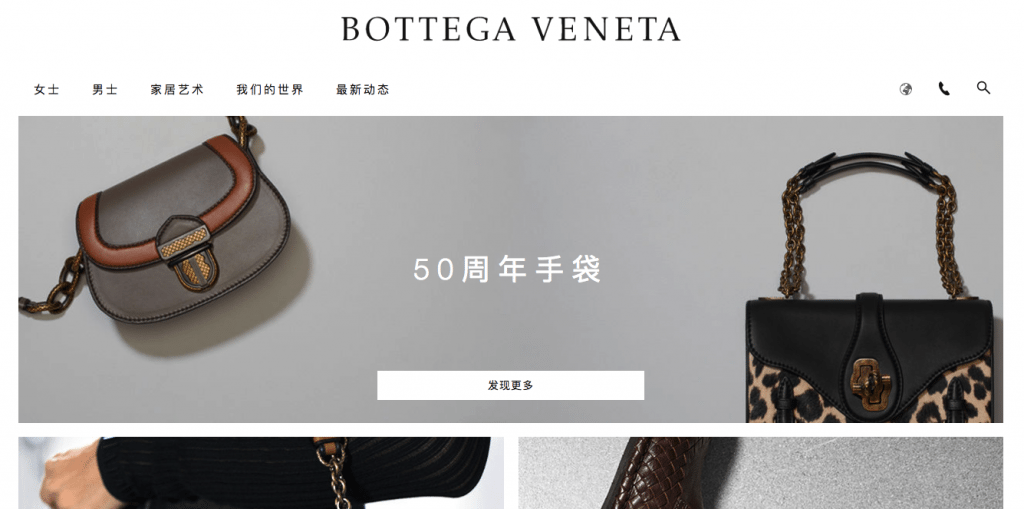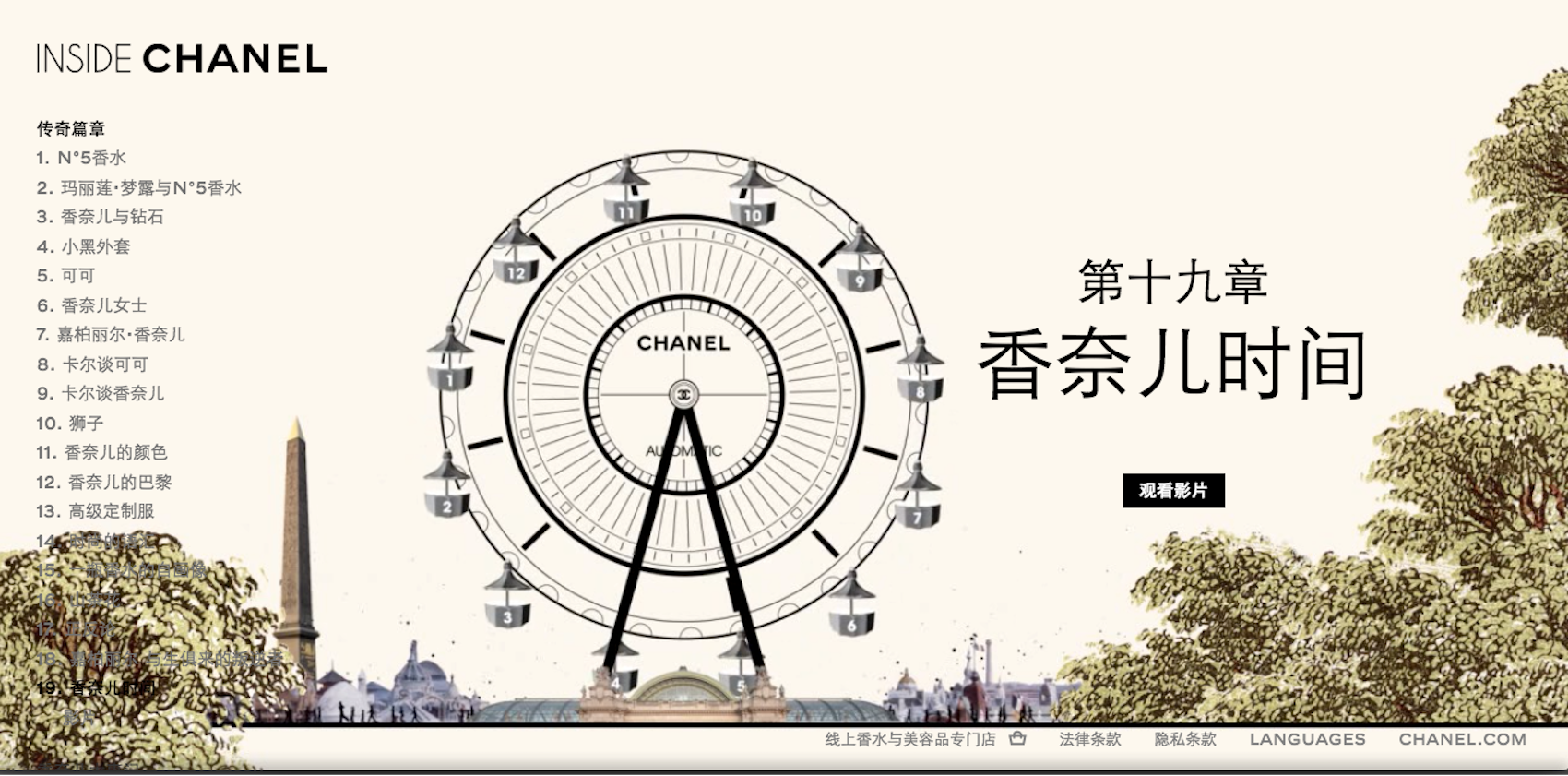The recent controversy over Airbnb’s new Chinese name, Aibiying (爱彼迎), has put the spotlight back on brand naming in China. Though the new name of the house rental site attempts to convey the brand's philosophy to "welcome each other with love," the majority of Chinese online users are not buying it.

In 2013, Italian luxury and high fashion brand Bottega Veneta had a similar experience when it changed its official Chinese name to Baodiejia (葆蝶家) from Baotijia (宝缇嘉) because it was already registered in the mainland. The pronunciation of the new name has negative connotations that mean “a steep drop in price.” Critics of the name say it does not match the brand’s high-end image, but instead sounds more like a name for cheap stores on Taobao. The public backlash prompted Bottega Veneta to stop featuring its Chinese name on its Chinese official website and other social media channels, including WeChat and Weibo.
The cases of Airbnb and Bottega Veneta show that something as simple as a name can make a huge difference in the way Chinese consumers perceive a brand.
“Finding a good Chinese name for luxury brands is even more difficult than that for FMCG (fast-moving consumer goods),” said Louis Houdart, founder and CEO of Creative Capital, a branding agency in China. “For luxury brands, it has to convey a sense of feeling or emotion, which is quite intangible.”
A legal game#
If luxury brands know it can be a tricky task to find a good Chinese name that will be widely accepted by Chinese consumers, can they just not have one in China? According to experts, the answer is a clear no, unless brands are fearless of intellectual property infringement and low-quality knockoff goods sold by the entities that steal their names.
“From a legal perspective, having a Chinese name is necessary for luxury brands to do businesses in China,” said Vladimir Djurovic, CEO of Labbrand, a leading branding and naming consultancy in China. “And the bigger the brands’ Chinese market has become, the more important it is for them to have a Chinese name.”
What has caused a big headache for many international well-known brands is the strong interest by domestic organizations and individuals to register their Chinese names, either the transliteration, in pinyin, or in a highly close format. Luxury goods giants Louis Vuitton and Hermès both once got involved in such a legal dispute. A Chinese company took the Chinese characters “爱玛仕” in 1995, pronouncing as “Ai Ma Shi”, which is the same as Hermès’s official Chinese name “爱马仕”. The French luxury powerhouse fought the case starting in 1997, but did not succeed in winning after more than 10 years of appeals.
A proper way for a luxury brand to protect itself against such risks, thus, is to create an official Chinese name and register it as a trademark with the State Administration for Industry and Commerce.
Creativity is subjective#
For luxury brands, finding a Chinese name that is widely accepted by different stakeholders has become increasingly complicated thanks to the fast pace of communication and the flow of information.
“There are certainly some basic criteria for creating a good Chinese name, such as whether it is memorable, conveys the brand’s story, and has no negative meaning in Mandarin and major dialects.” Labbrand’s Djurovic told us.
“In the luxury sector, phonetically translated Chinese names tend to perform well.”
The French luxury brand Chanel, or 香奈儿 (Xiang Nai Er) in Chinese, is an example cited by many industry experts of what luxury brands should do when it comes to deciding on a Chinese name. The first character 香 (Xiang) means “scented and aromatic” in Chinese; 奈 (Nai) is a close approximation of a phonetic sound to the original pronunciation of Chanel; the last character 儿 (Er) does not have explicit meaning, but usually implies a soft and feminine tone in the Chinese language. The three characters combined successfully capture the essence of Chanel as an elegant, exquisite, and feminine high-end brand that only produces high-quality goods for female consumers.
In reality, these criteria often cannot guarantee a satisfactory result, as shown in many cases, but that should not discourage brands. Naming is just one part of branding and is not the only factor that determines the performance of a luxury brand in China.
“Naming is important but it is not everything. A brand’s name becomes more acceptable when its overall image among consumers becomes positive,” said Houdart from Creative Capital. Apple, for example, was not perceived as a conventional name for a tech company in the beginning, but now it has become an icon, Houdart said.
Chinese millennials: A game changer?#
The luxury industry as a whole has been making every effort in understanding Chinese millennials, the emerging consumer demographic with massive purchasing power and remarkably different preferences and behaviors. Those in the game of luxury naming should probably do the same; otherwise, they might miss the boat.
In the Airbnb and Bottega Veneta cases, people who actively expressed their views on China’s social media sites were mostly Chinese millennials. Therefore, it is likely to be the case that if a luxury brand hopes to have a Chinese name with a good public reaction, it has to take the interests of Chinese millennials into consideration.
However, Chinese millennials can disrupt the game in another way: as they are generally much better educated than previous generations and have studied English as a second language since their childhood, is there still a necessity luxury brands to have a Chinese name for them?
Tina Gu, 29, a Chinese luxury buyer working at an overseas education consulting firm in Shanghai said that when it comes to brands that most people know, such as Louis Vuitton, she only uses the English name and most of her friends have no problem understanding it. “To me, it is weirder to try to say brands’ names in Chinese," she said. "So unnatural!”
Industry experts believe the scenarios described by Gu don't apply to luxury brands with complicated and hard-to-pronounce names for Chinese speakers. For example, the popular Victoria Secret’s Chinese supermodel Sui He embarrassed herself at a recent public event in China for not being able to pronounce Giambattista Valli, the Italian high fashion brand she was wearing (watch the video below).
[playlist type="video" tracklist="false" ids="77676"]
However, Gu, who once lived and studied in the United States for six years, said not knowing how to say a brand name wouldn't deter her from using it, reflecting a need to show off worldliness and status as a frequent luxury buyer. “When I see a brand that I don’t know how to pronounce, my instinct is to learn how to pronounce it originally.”
